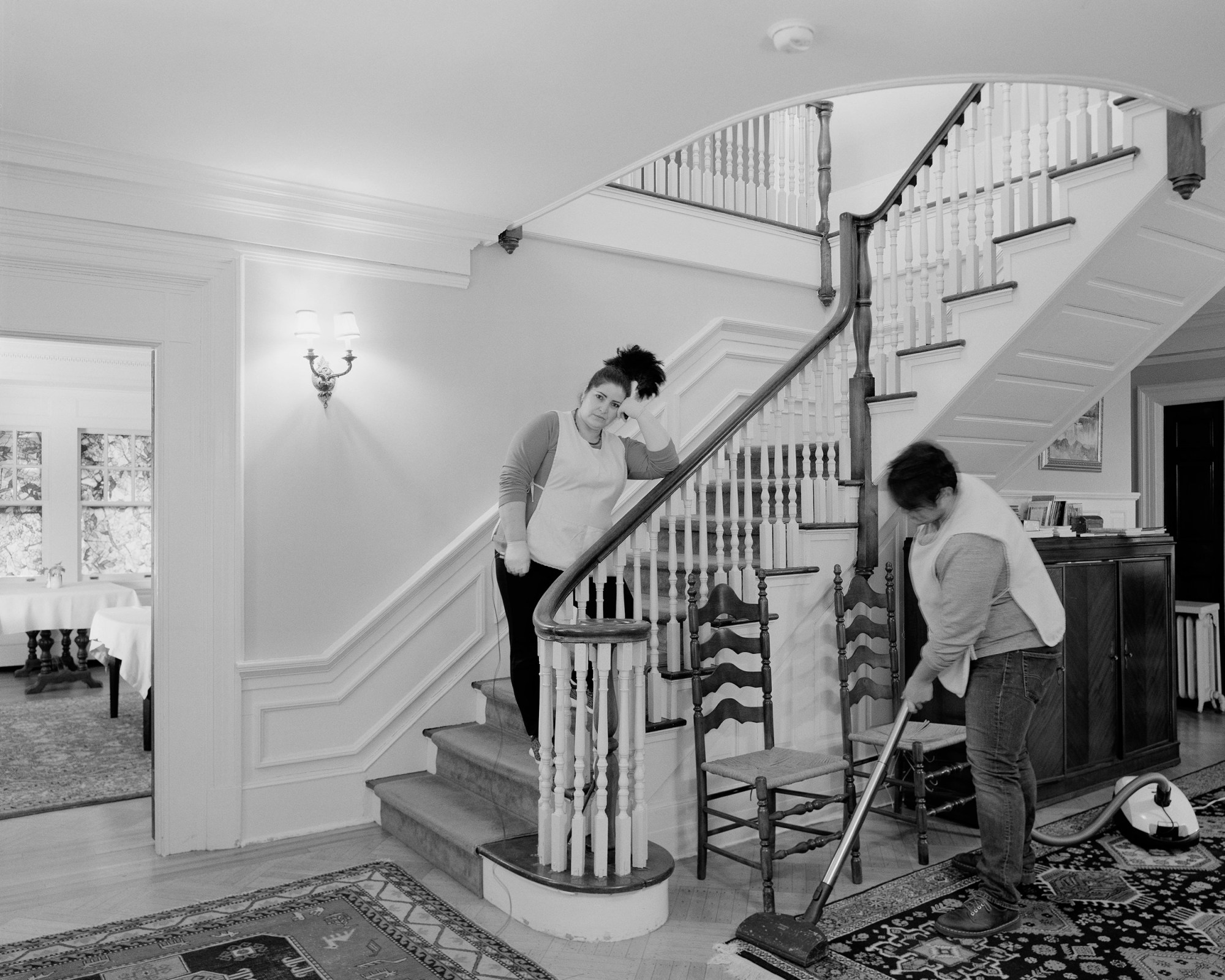“Being an immigrant is its own language,” filmmaker and designer Ares Maia says. “It’s difficult to translate the struggle, the experience and the pain that comes with moving to the United States. Making this zine felt like using my own canvas to tell the story of lives that some might think are not worth hearing about.”
Born and raised in Brazil before immigrating to the USA in 2009, Ares Maia has spent a decade witnessing America at war with itself, while watching the peace and security of families like her own debated over and over again.
Her new zine Refugium — her first self-published one — hopes to articulate the little details of life as an immigrant alongside the vast sweeping political shifts outside her front door. “I want to shine a light on the depths of ordinary life,” she says, “as well as serve as a place for me to free the shame I had for my poor upbringing as a teen in a wealthy neighbourhood of Connecticut.”
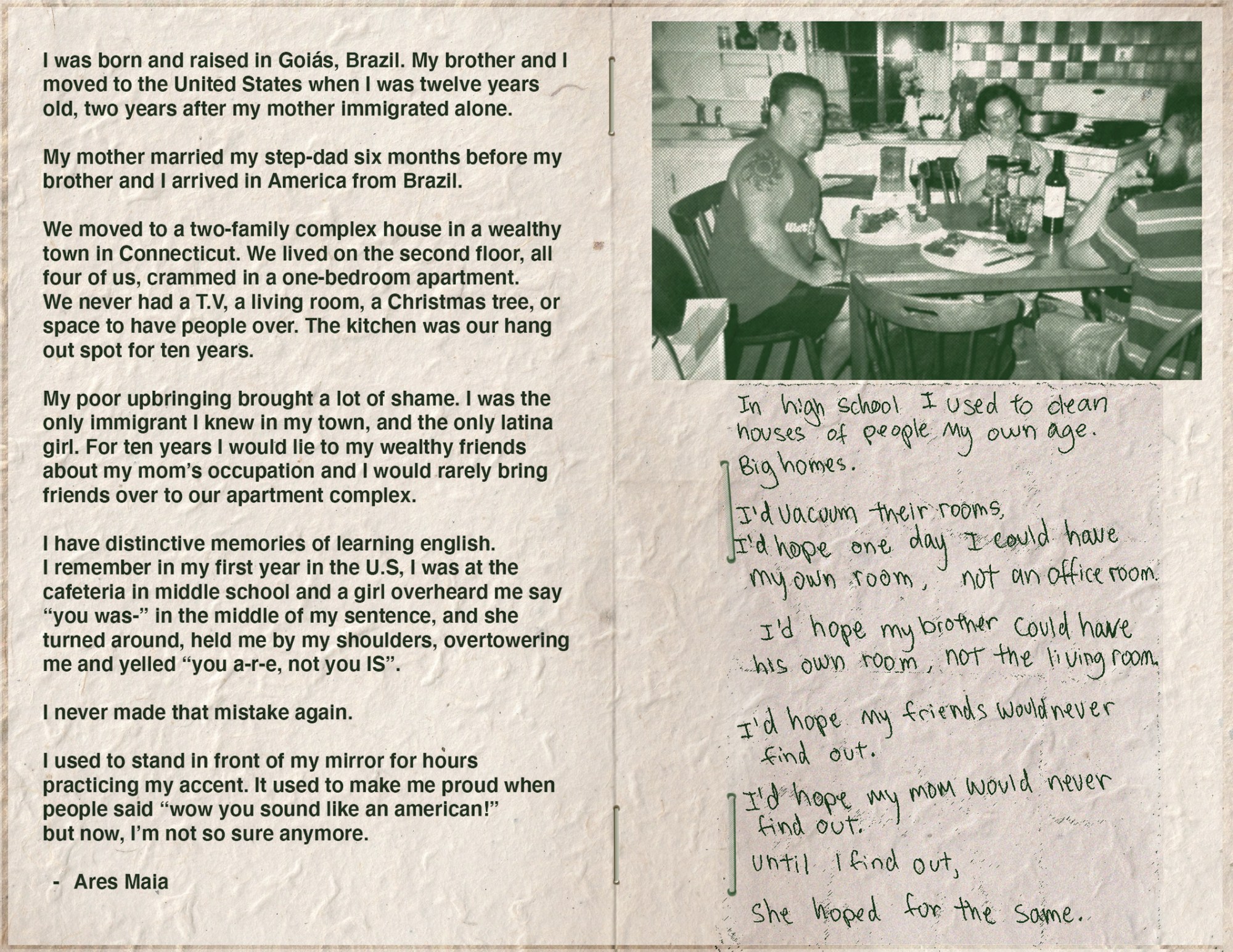
When creating Refugium, Ares found particular inspiration in Alfonso Cuarón’s Roma and its story of a domestic worker caring for a wealthy family. “My mom is in the house cleaning business, and when I moved to Connecticut with her, I had a lot of shame in telling my friends about her profession because their parents were lawyers, bankers and so on,” she says. “I was also very inspired by photographer Luis Manuel Diaz’s work. I reached out to him over Instagram to work with me and was so happy when he said yes. His photographs are very expressive and richly represent the tumultuous and sensitive nature of being foreign in America.”
For the zine, Ares speaks with five individuals — all of whom have lived through the harsh realities of life in the USA as an immigrant. “I started a page on my website and used Instagram to ask my friends to submit their stories through there,” she says. Many of the stories that were submitted — and two of the ones that made it into the zine — were about changing names to fit in easier. “It’s common, especially for Asian immigrants, to change their name when they move to America, but it’s even more sad when foreigners move here and let Americans say their name however they choose to pronounce it.”
But one particular story really stood out to Ares. Her friend’s dad submitted an emotional 36-minute video, in which he discussed his story immigrating to the US in 1965. Beginning with his struggle to learn English at a time where there weren’t many Spanish speakers in America, working day and night making $2.75 an hour, it follows his life all the way through to working on NASA interstellar space missions like Voyager I and Apollo 11 Lunar Module. “His story, in particular, is about the hope of accomplishing the ‘American Dream’,” Ares says. “But in the end, the goal of this zine is to remind people to respect immigrants’ narratives, family customs, accents, and practice empathy with different backgrounds.”
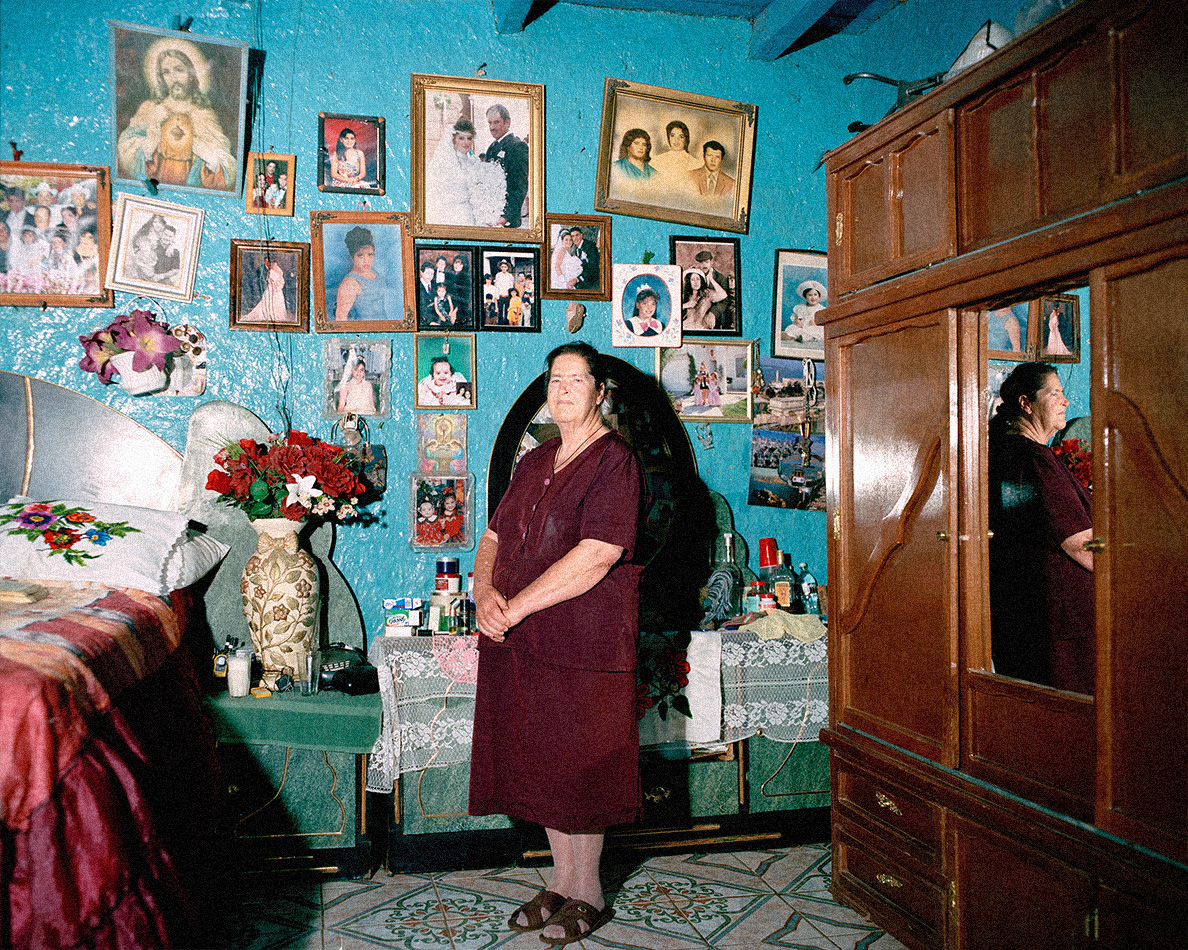
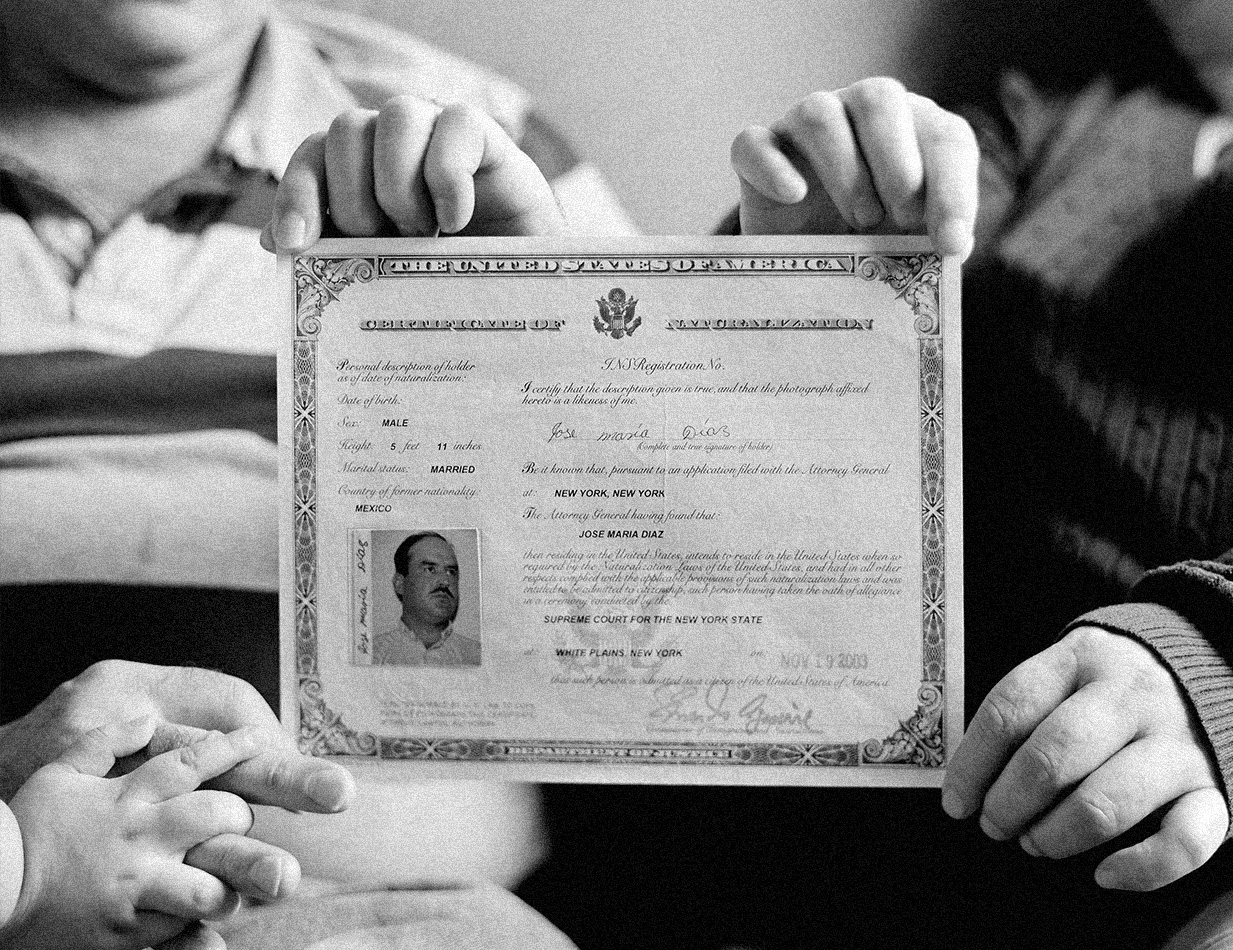
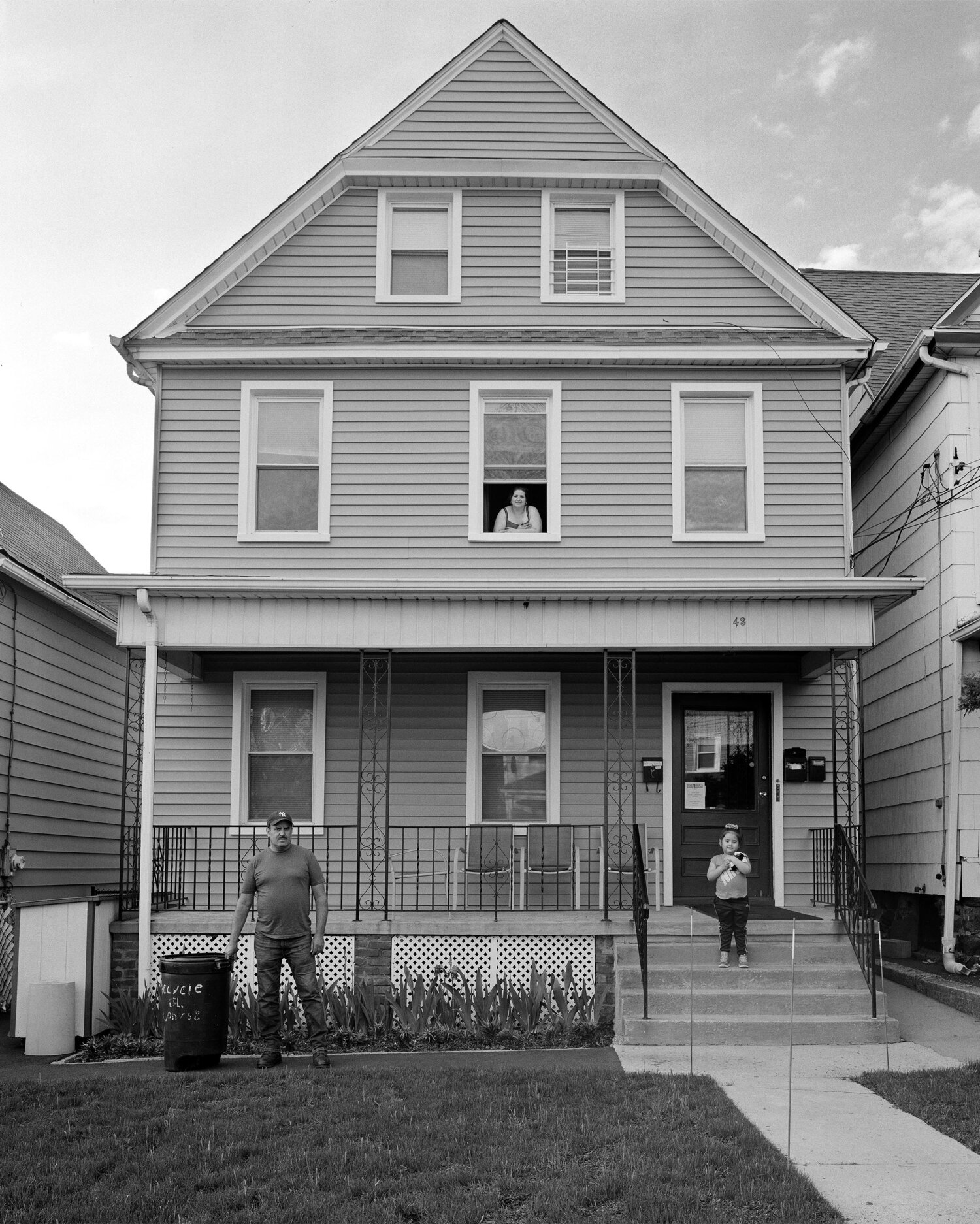
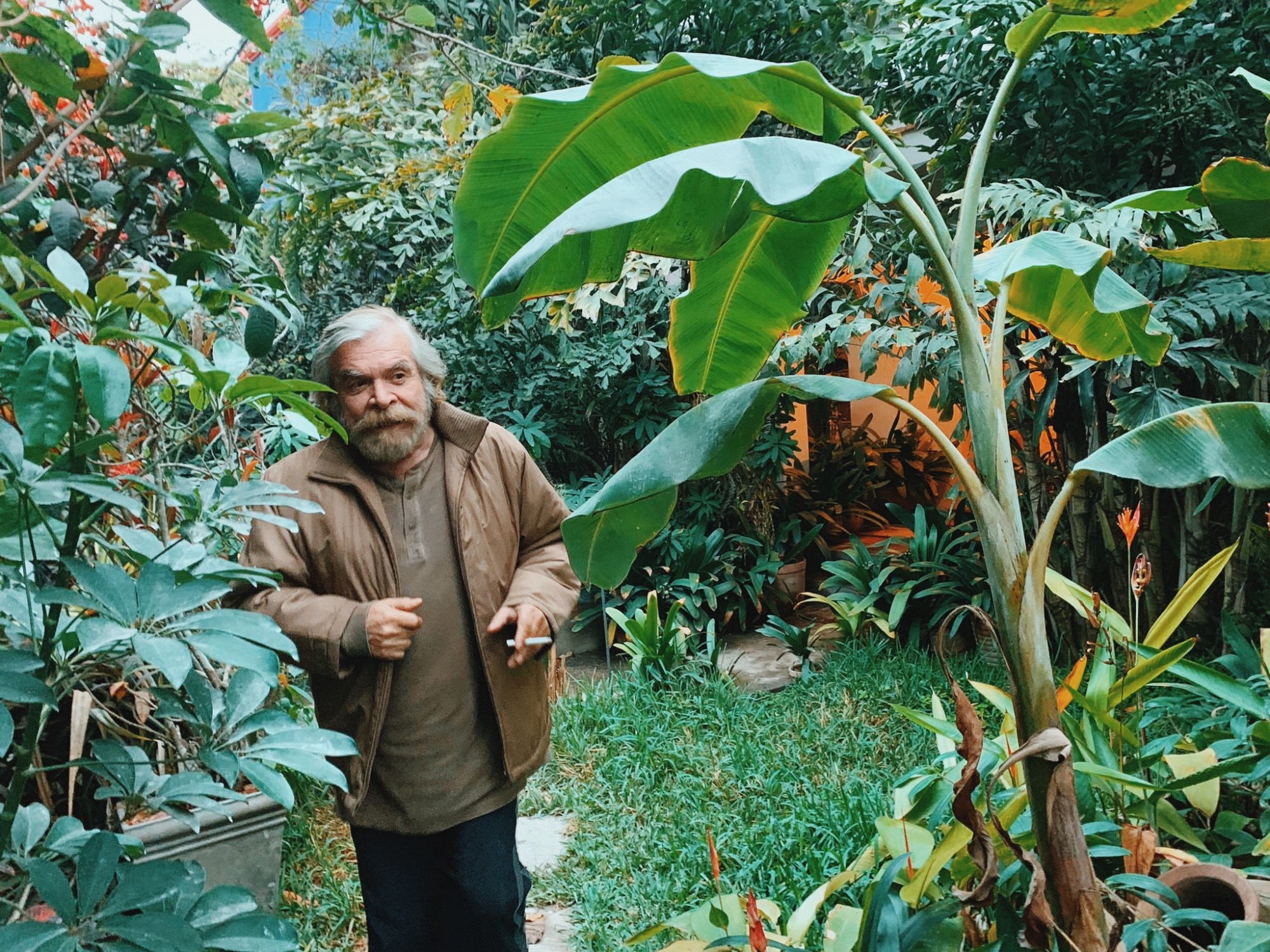
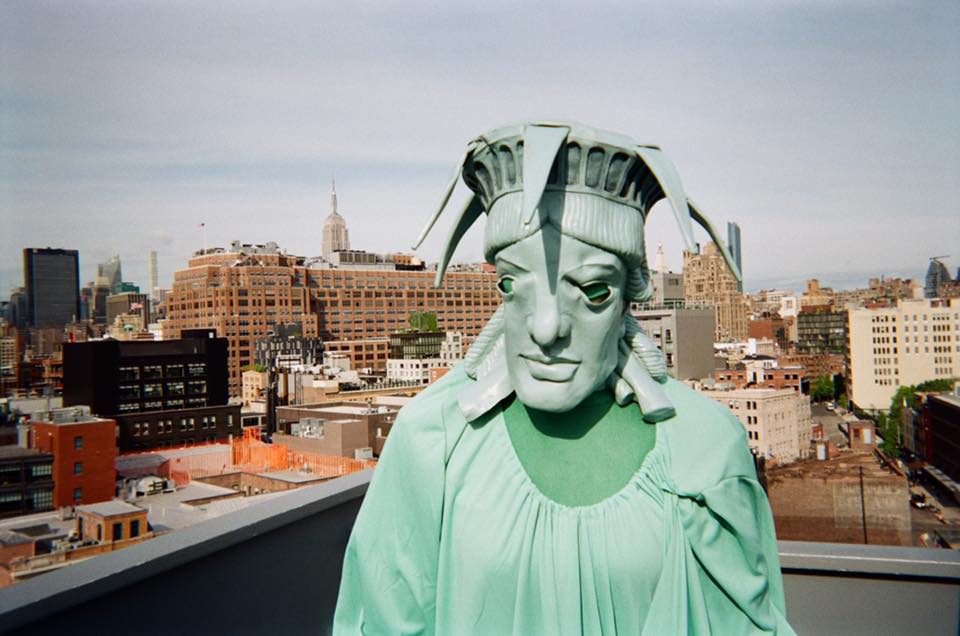

Credits
All images courtesy Refugium
